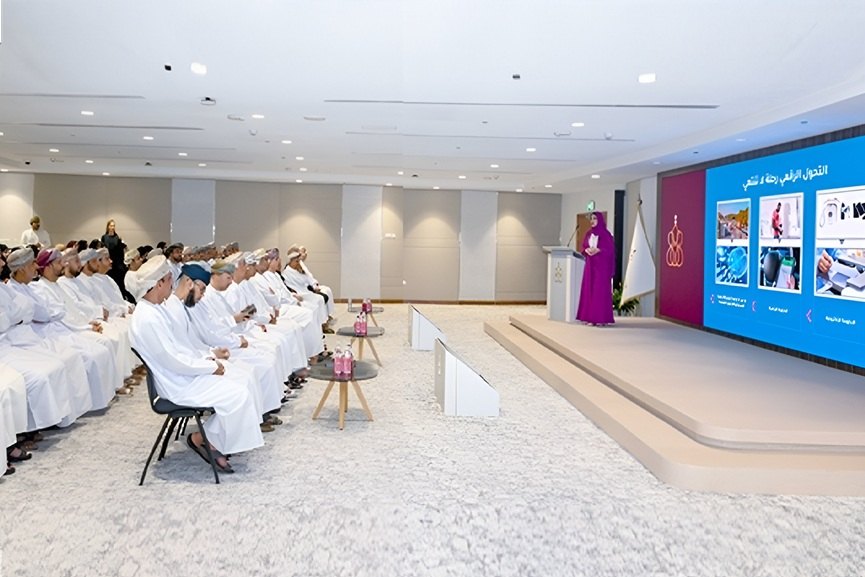
Irtiqa aims to empower officials across 57 government entities, focusing on digital competencies, leadership, and innovation in public service delivery. It targets individuals responsible for driving digital transition projects, offering programmes that combine technical skills with strategic thinking.
A key objective is to improve user experience on digital platforms, aligning government services with the goals of a knowledge economy. The authorities view digital knowledge as a form of capital crucial for sustainable economic growth.
Undersecretary Ali bin Amer Al Shidhani has framed Irtiqa as part of Oman Vision 2040. He stated the initiative will equip government entities to keep pace with global technological change. The first phase will include training and capacity building for those responsible for transformation work.
The programme builds on the achievements of Tahawul, Oman’s National Programme for Government Digital Transition, which achieved a government performance score of 80 per cent in the first half of 2025, up from 73 per cent in 2024. Authorities consider Irtiqa as the next stage, focusing more heavily on human capital and leadership.
Launch activities included a visual presentation emphasising the “key pillars” of digital transformation: capacity building, knowledge exchange, and sustainability. Dialogue sessions underscored that people are central—not ancillary—to transformation efforts.
Topics
Oman
